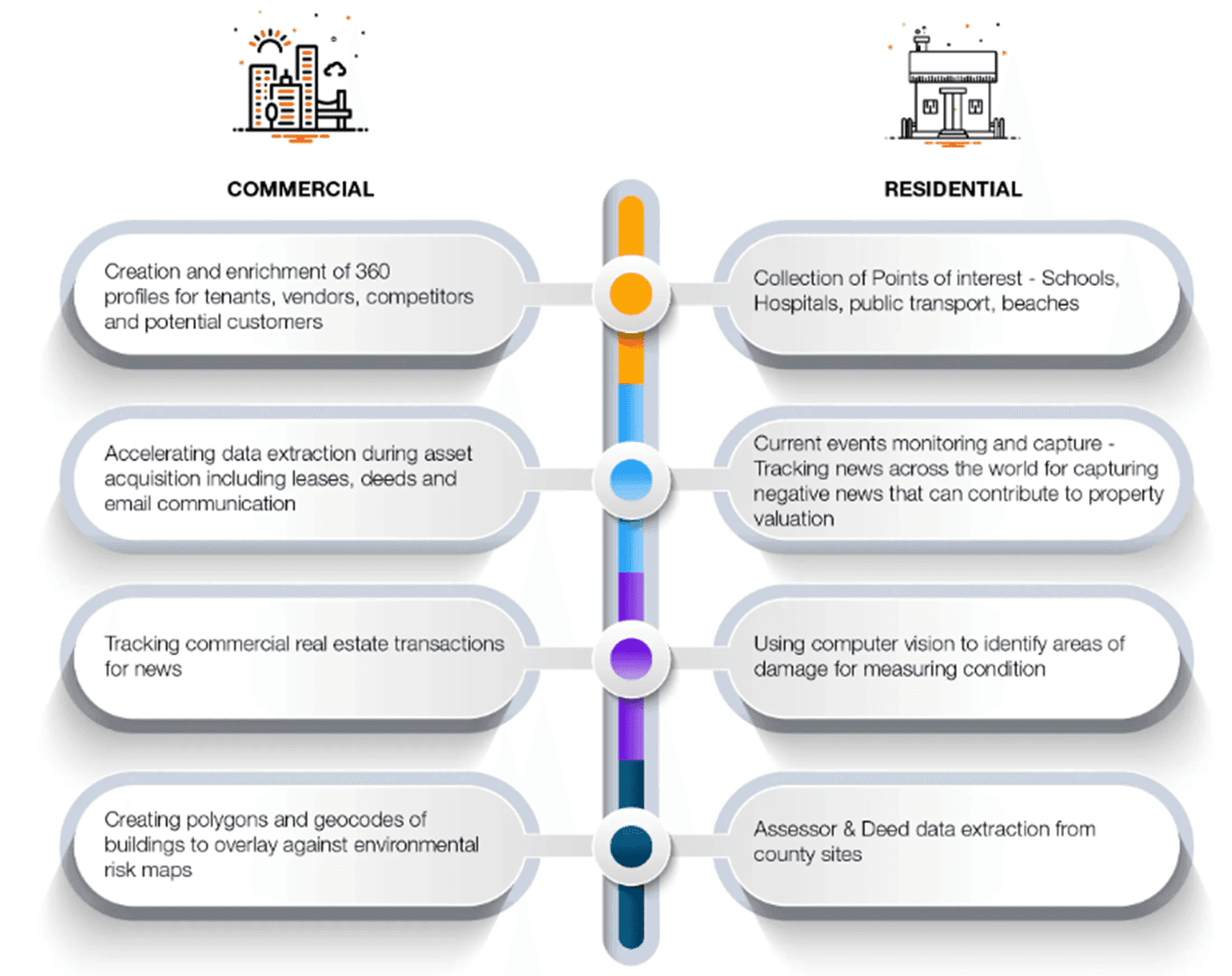Why Digital Transformation is the Fuel for Fluid Business Intelligence
Posted on : May 31st 2023
Author : Sundar Rengamani, Vice President -- Business Solutions
The New Normal
According to International Data Corporation (IDC), global digital transformation (DX) spending is expected to reach USD 3.4 trillion by 2026, with a five-year CAGR of 16.3%. DX, through the use of digital technology, enables us to create new business processes, enhance company values, and improve customer experiences to adapt to changing business and market landscapes.
The likelihood of a global recession is growing. As many businesses try to become recession-proof, there will be a rush to reorganize internal corporate processes and generate cost savings. This means that decisions based on reliable data will be in high demand and more expensive. Cutting-edge technology, such as end-to-end artificial Intelligence (AI) and machine learning (ML), must be deployed to provide insights to businesses in a cost-efficient way. As a result, we can execute effective automation, enable digital transformation, and direct resources to the most critical areas.
A comprehensive digital transformation solution facilitates an organization's transition from data to intelligence. Because of the growth in technology options and its widespread use, the availability of data, which is the foundation of DX today, is enormous, mind-boggling, and chaotic. It is critical that we organize the data, use it wisely, and bring order to the chaos. This includes putting data governance techniques and tactics for acquiring, ingesting, extracting, and enriching data into action. The foundation for rapid, on-demand business insight is reliable data extraction, which is the first step in an effective digital transformation.
Automation at Scale for Unleashing Digital Transformation
Before they are turned into insights and subsequent action, raw data are essentially worthless. As the amount of data being generated and collected increases, data relevance and freshness become increasingly important. In addition, data can quickly become "obsolete," therefore specifying the use cases for data gathering and management is crucial.
The key step in making data suitable for analytics is data extraction and transformation from diverse/alternative sources. Simply put, the data extraction process gains significance when you contrast it with the fact that about 40–90% of enterprise data goes unused, depending on the industry¹ . This is a serious concern. Without a way to extract all data types from diverse/alternative sources, enterprises would find it challenging to leverage the full potential of information and make the right decisions. Today, most enterprises have their data in document form (digital), and they need an intelligent way to process these digital documents and extract relevant information.
There are ways to automate at scale and deal with the complexity of unstructured data. Natural language processing (NLP), intelligent character recognition (ICR), and/or AI/ML are all used in part or together to be able to build an intelligent document processing (IDP) platform.
There are many potential use cases; for example, businesses have access to enormous amounts of data that must be analyzed and improved at scale to provide insights and propel digital transformations. Let us see some use cases from the real estate sector as an example in Exhibit 1.
Exhibit 1: Use cases in the real estate sector

Source: Straive
Having a data strategy is good; a robust execution is a must to realize the outcomes envisaged during the strategic thinking process. The objective is to use scalability and automation along with clean, organized data to add value for the company and its clients.
Fluid Business Intelligence
Straive enables organizations by helping to acquire unstructured data, ingest to relevant systems and platforms, and structure relevant data with ease. There is often a disconnect between the availability of data and the ability to harness it for quick, actionable insights. In addition, conventional analytical methods cannot consistently identify problems and issues that might impact business outcomes. Straive's solutions are flexible and robust to help customers acquire, harness, and analyze data in the right way to improve business outcomes.
https://knowledge.wharton.upenn.edu/article/how-strong-is-your-data-balance-sheet/
We want to hear from you
Leave a Message
Our solutioning team is eager to know about your
challenge and how we can help.